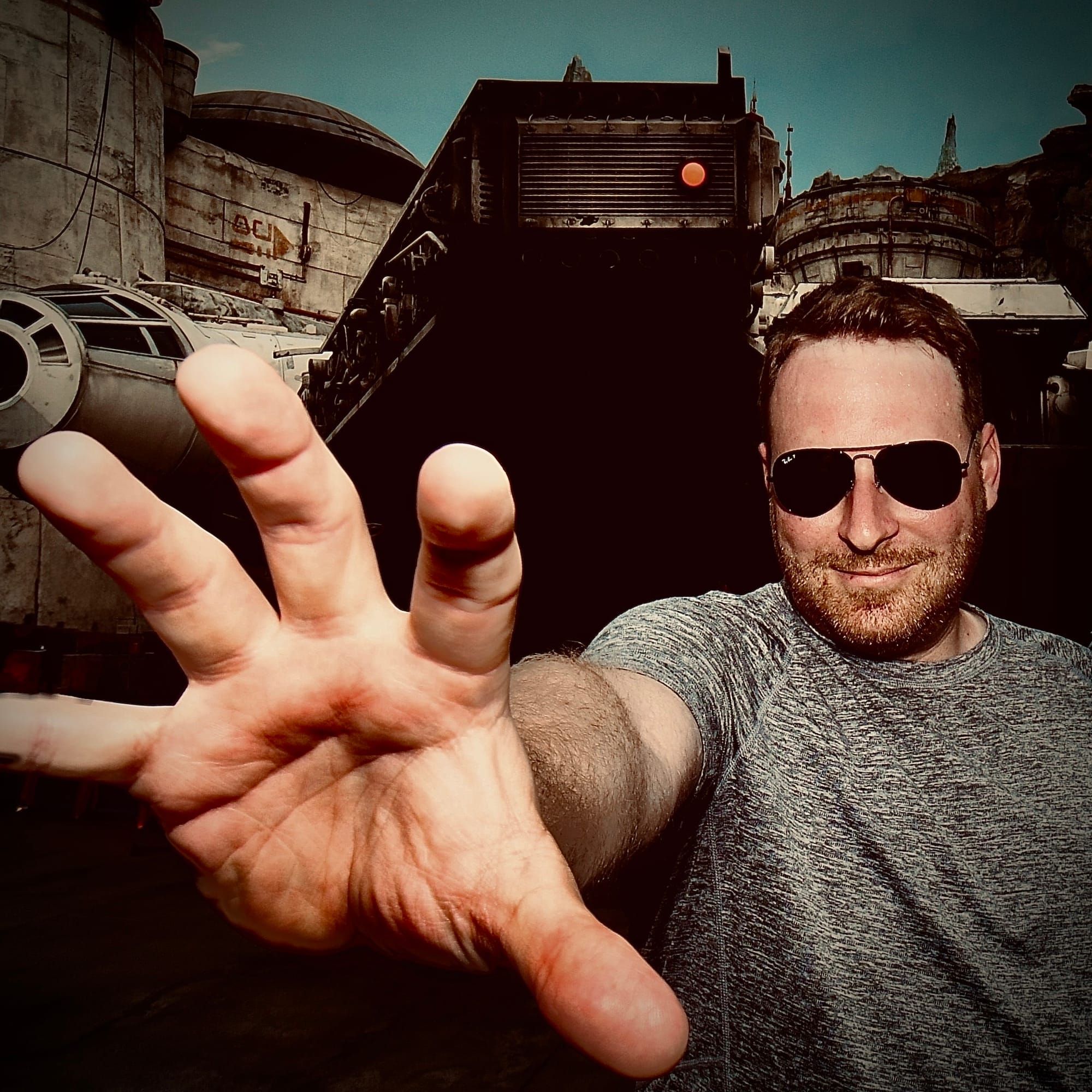In the Dark
A story of a power outage and digital strangers.

When the power first went out and didn’t immediately come back on, I knew there was a problem. After a few moments sitting in the dark, I loaded Twitter to determine what happened.
Exploring tweets within a few miles of my house, the trending topic was clear: everyone was out of power.
After exploring all the local news agencies’ feeds and getting no answers, I resorted to calling the utility company’s “outage line.” It, too, provided no details.
I walked to the front of the house and looked out the front windows. The neighborhood was dark. Quiet. A few windows glowed with flashlights, but embraced the darkness. Returning to the couch, I continued to search Twitter for answers while the air grew warmer.
My wife asleep on the couch, I was completely isolated from humanity. No sounds. No people. No movement.
Local news was silent. The utility company’s website showed a far-reaching outage without details or timelines for restoration. I sat on the couch, a world of information at my fingertips, unable to find the information I needed most.
As the night dragged on in warm, humid air, conversations with other Twitter users in the same situation. Some reported utility crew sightings, providing a glimpse of hope. While the connections were mostly devoid of details, we provided each other company while sitting in darkened houses.
I returned to the front windows. More windows glowed with flashlights or candles within. A few people wandered outside talking to neighbors and trying to find information. I contemplated joining them outside, connecting with my physical neighbors. Instead, I returned to the couch and the comfort of the digital community.
The more digitally connected we are, the less we interact with people in our neighborhood. We develop friendships with strangers in other cities yet don’t know the names of neighbors we wave to as we take garbage to the curb.
Our definition of “community” has changed. No longer are we limited to the people in our vicinity. Instead, “community” is anyone we interact with.
A borderless community is a good thing. We’re exposed to people and ideas from all over the globe. Yet, it also provides us the ability to only seek and connect with those we already agree with.
Our boundless communities have isolated us more than ever.
The blackout lasted three hours. When the lights came back on, most of the newly formed digital friendships ended. The community dissolved. I didn’t bother looking out the front windows again. I no longer wondered about the neighbors. Instead, I woke my wife and told her it was time to go to bed.

